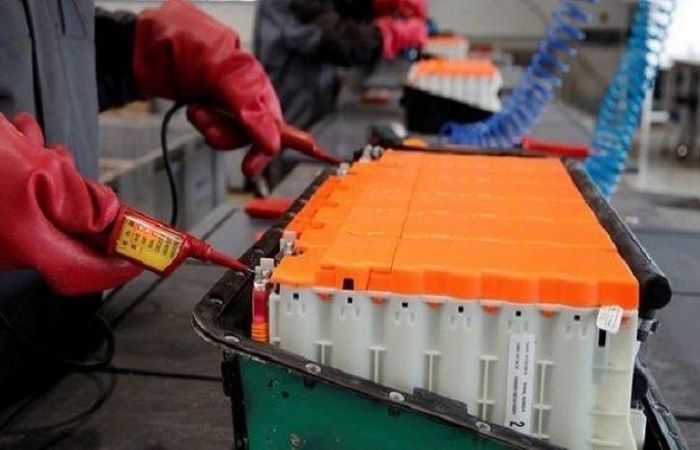India’s largest two-wheeler manufacturer, Bajaj Auto, has said that it plans to ‘go slow’ on electric vehicles for the time being, even though it was India’s first large manufacturer to launch an electric two-wheeler — the electric Chetak — in January 2020. The decision is influenced by what Bajaj feels are still high prices for battery packs, despite their costs having dropped to ~$150/kWh. Its competitors, Kinetic, Mahindra, TVS and even Ather, have, however, steadily expanded their EV product lineups.
Meanwhile, Amitabh Kant (CEO, NITI Aayog) revealed that the planning body is working on a policy that will cover battery manufacturing within India. This would be good news for local automakers as battery packs account for as much as 45-50% of the cost of EVs. Most of them are imported from China and are a concern in terms of self-reliance for India’s EV ambitions.
All of remote French town given the Renault Zoe for free
The Renault Zoe electric car has been leased out to each resident of the remote French town of Appy for three years for free, and the carmaker is also installing a home EV charger for each resident. Renault said the point of the exercise was to prove that if even a town as remote as Appy can drive EVs, it’s certainly possible for mainstream consumers.
The 100% electric Zoe drives 394km on a single charge of its 52kWh battery pack, which may come in handy for its approximately 26 new owners as the nearest town to Appy — the industrial hub of Toulouse — is 150km away. The car can also be charged to 90% capacity in just 30 minutes using a DC fast charger, and comes with an eight-year, 100,000 mile warranty on its battery pack, and has already sold over 100,000 units across Europe — despite having been launched in 2020.
Kandi to launch cheapest electric car in US at $20,490
Chinese EV maker Kandi (known as Zhejiang Kangdi Vehicles in China) will launch the cheapest electric car in the US — the $20,490 K27— in the last quarter of 2020. The small, but fully-electric K27 could actually retail at $12,999 after factoring in the federal credit of $7,500, in which case it would be $2,000 cheaper than even the $14,790 Chevrolet Spark.
The car runs for a claimed range of up to 100 miles on a single charge of its 17.7 kWh battery pack. It could also be joined by its sister product, the K23, which, at $29,999, is designed to travel up to 180 miles on its 41.4kWh battery pack.
About The Author
You may also like
China’s Overseas Clean Tech Manufacturing Investments Surged 80% Since 2022: Report
3% of wind and solar capacity targets can charge India’s EV sector by 2032: Report
Battery recycling: The missing link in India’s EV supply chain?
New report shows ways to build an efficient e-bus ecosystem in India
Corporate watchdog accuses Toyota of misleading marketing, greenwashing

